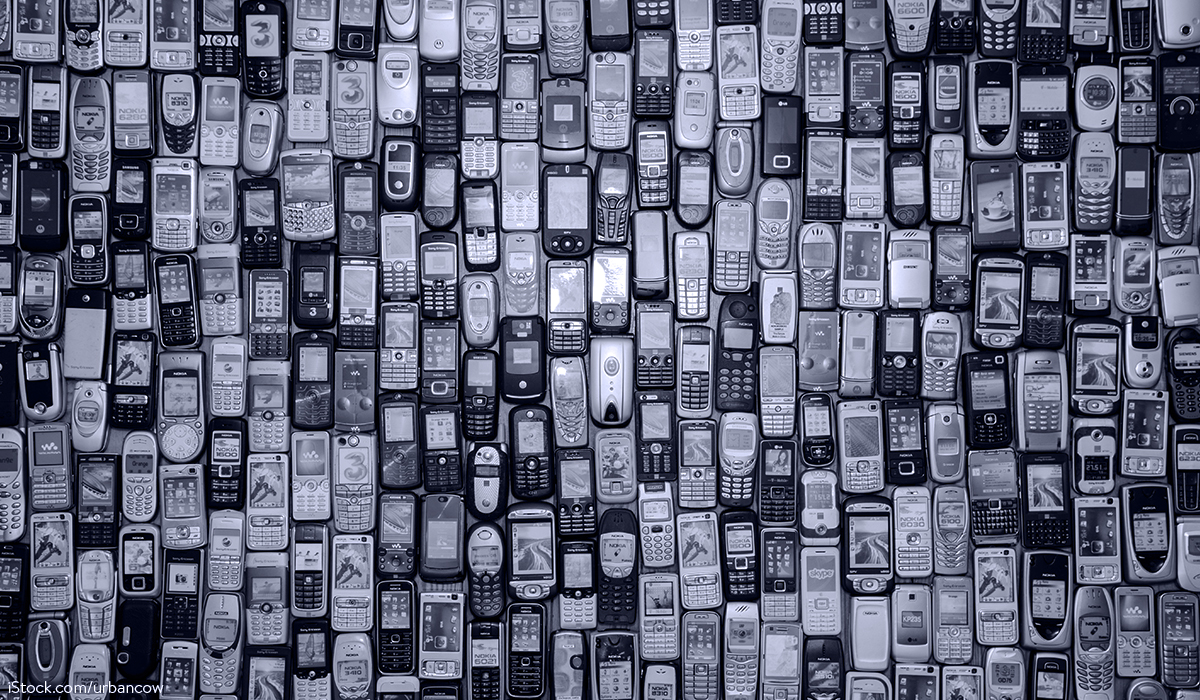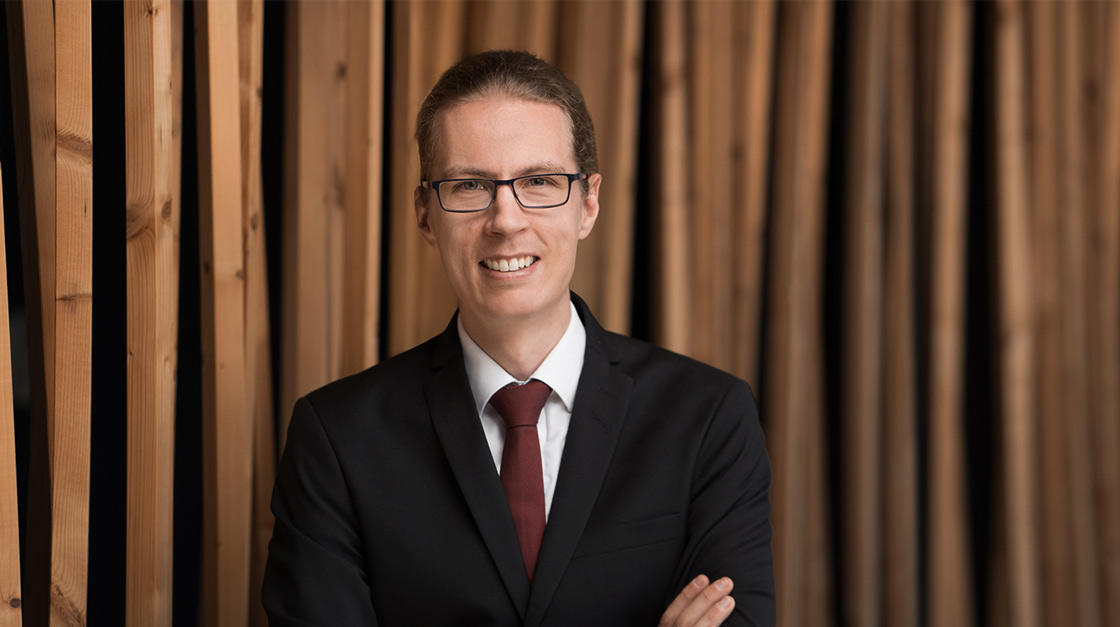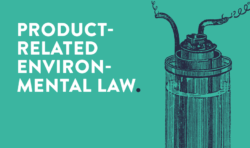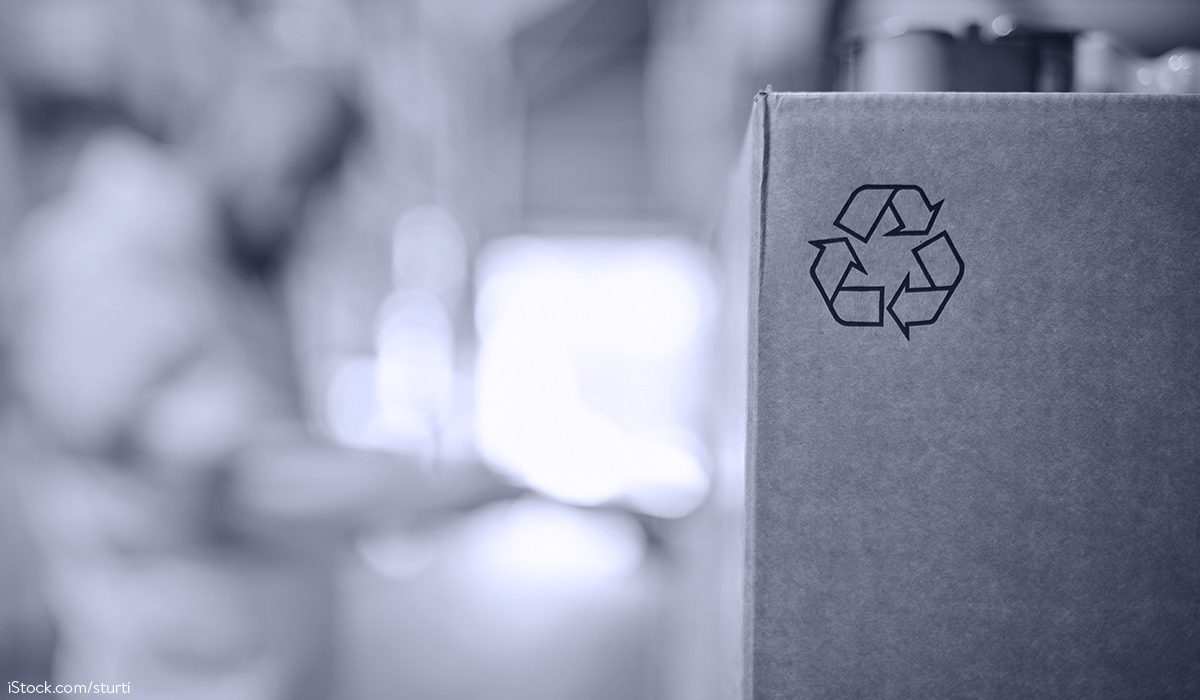On 16.09.2022 the German Bundesrat adopted its position on the draft act. Subsequently, the draft will be forwarded to the Bundestag for adoption.
A. Background
The ElektroG was last amended in 2021 and in this version came into force in large parts on 01.01.2022 (our news on this: Comprehensive amendment o the ElektroG is imminent). As a result of the amendment, Sec. 6 para. 2 Sentence 2 ElektroG was reworded in such a way that operators of electronic marketplaces may no longer enable the offering or provision of electrical or electronic equipment and fulfillment service providers are no longer allowed to provide their services, if the respective manufacturer has not fulfilled its registration obligation with the stiftung elektro-altgeräte register (Stiftugn ear) in accordance with Sec. 6 para. 1 ElektroG. For various reasons (e.g. adaptation and conversion of IT processes at the economic operators and the competent authority), this obligation has so far been subject to a transitional period until 01.01.2023 in accordance with Sec. 46 para. 2 ElektroG.
B. Content of the draft law
According to Art. 2 of the draft, the Second Act Amending the Electrical and Electronic Equipment Act is to enter into force on 31.12.2022 and will entail only a few detailed adjustments in terms of content.
I. Extension of the transition period
Under Art. 1 No. 1 of the draft, the Second Act Amending the Electrical and Electronic Equipment Act now provides for the deadline contained in Sec. 46 para. 2 ElektroG to be extended to 01.07.2023.
The potentially affected platform operators are nevertheless still well advised to prepare themselves now for the upcoming legal amendment, which has already been decided and announced, in order to be sufficiently prepared at the latest by the time it comes into force. This may include, in particular, the implementation of contractual information obligations on the part of the manufacturers or distributors with regard to the registration with Stiftung ear and changes in this respect; because in the absence of legal regulations, the operator of a platform only has a right to information vis-à-vis the provider if this has been expressly agreed in advance by contract. Of course, the platform operator or fulfilment service provider can also consult the publicly accessible manufacturer register of Stiftung ear and check whether a manufacturer is actually registered. In the future, there will probably be an electronic interface for automated data retrieval for this purpose, which should be integrated into the platform operators’ admission process, if necessary.
In addition, an editorial reference error has been corrected in this context: in Sec. Sec. 46 para. 2 ElektroG reference is now correctly made to Sec. 6 para. 2 Sentence 2 Nos. 2 and 3 ElektroG. However, this does not entail any change in content.
II. Amendments to Annex 1
With Art. 1 No. 2, the draft makes the following deletions and additions to Annex 1 of the ElektroG.
With Art. 1 No. 2 lit. a), the draft deletes “Boilers and hot water storage tanks” from the example list under equipment category 1 “Heat exchangers”. Art. 1 No. 2 lit. b) and c) add them to the sample lists for general equipment categories 4 (large appliances) and 5 (small appliances). According to the German government, these appliances are not “heat exchangers” in a technical sense, since they would only serve to heat water. Thus, the listing in category 1 is incorrect. The Bundesrat counters this in its opinion. The listing is correct because CFCs, HCFCs, HFCs or refrigerants and/or blowing agents containing HCs can also be contained in the insulation layer of boilers and hot water storage tanks. Removal of the blowing agents would only be possible in primary treatment facilities for category 1 equipment. Finally, the example lists are the essential source of information for the collecting actors (public authorities, distributors, disposal plants) throughout Germany to ensure that waste equipment is assigned to the appropriate collection group, category and proper disposal route. This aspect is of decisive importance for further proper initial treatment.
In addition, Art. 1 No. 2 lit. d) and e) of the draft eliminate two further editorial oversights. In the future, “electronic drives for furniture” will not be listed at all and “clothing with electrical functions” will not be listed twice in the list of examples under equipment category 5.
C. Conclusion and outlook
It is expected that the draft law will easily pass through the legislative process and enter into force on the scheduled date of 31.12.2022. At most, an amendment to the draft still seems possible with regard to the allocation of “boilers and hot water storage tanks” in Annex 1, as this is an enormously controversial aspect and technical experts, in line with the Bundesrat, are apparently largely in agreement that the planned change in category allocation does not make sense.
Draft available under: BR-Drs. 374/22.
Do you have any questions about this news or would you like to discuss it with the author? Please feel free to contact: Michael Öttinger






